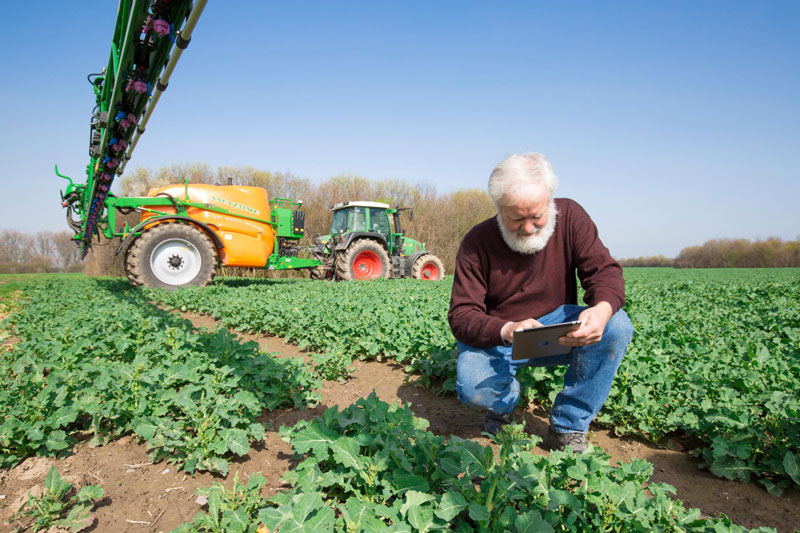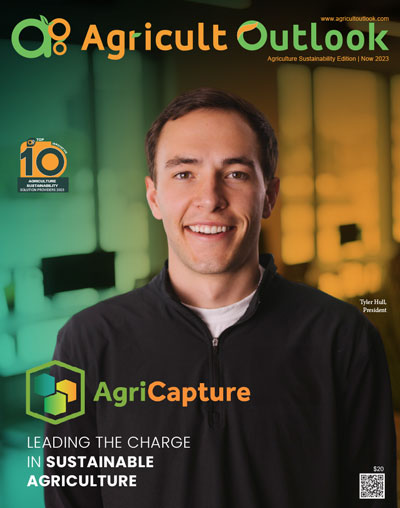Bayer has officially announced the pilot of an expert GenAI system, which is designed to help farmers and up-level agronomists improve their daily work with more informed decisions. The stated announcement follows up on the company’s recent efforts to use proprietary agronomic data for training a large language model (LLM). This data included years of internal data, insights from thousands of trials within its vast testing network, and centuries of aggregated experience from Bayer agronomists around the world. Given that extensive data backing, Bayer now has a technology that can quickly and accurately answer questions related to agronomy, farm management, and Bayer agricultural products. Notably enough, the technology in question can even respond to natural language, and for those responses, it generates expert information in no more than a few seconds. To understand the significance attached with such a development, we must acknowledge how farmers of today have to rely on their agronomic advisor to learn about a product’s characteristics, performance under specific conditions, and application rates. Now, the problem is that once they receive farmer’s query, these advisors have to go through a whole process where they search online materials, send text messages to colleagues, extract information from multiple sources, before putting together a response. A process with so many moving parts, like you can guess, leaves the farmer waiting for hours or days, even for time-sensitive or just generally urgent information.
“Our unique GenAI system has the potential serve agronomists and benefit farmers all over the world, further advancing AI as an indispensable technology for agriculture,” said Amanda McClerren, CIO and Head of Digital Transformation & Information Technology for Bayer’s Crop Science division. “We’ll continue to use traditional AI to develop better products, and we’re also committed to harnessing new GenAI technology in a thoughtful way that augments and supports knowledgeable experts across the industry, bringing value to farmers and those who serve them.”
Fair enough, developed in collaboration with Microsoft as leading technology partner, and Ernst & Young (EY) as an industry partner, the new AI technology can understandably work alongside other digital offerings present in Bayer’s portfolio. This, if achieved at scale, can position smallholder farmers to enhance operations and solve, let’s say, a wider issue of global food security. For a more immediate future, though, Bayer plans on expanding the pilot of its AI technology to include selected agronomists and potentially farmers, something will do so as early as this year itself. On top of that, the company will also continue to work on a separate GenAI prototype, which will help users query their own farm data.
“AI and automation are helping farms of all sizes produce more while using fewer natural resources, and we’re starting to see how they can enhance decision-making on almost any plot of land,” said Ranveer Chandra, Managing Director of Research for Industry & CTO of Agri-Food at Microsoft. “With Bayer’s strengths in data science, digital, and especially agronomic expertise, we’re pleased to be contributing to an expert system that will make agronomic understanding more accessible and empower those responsible for feeding the planet.”



